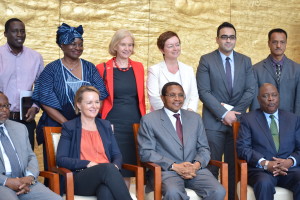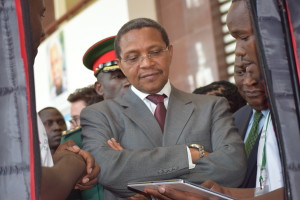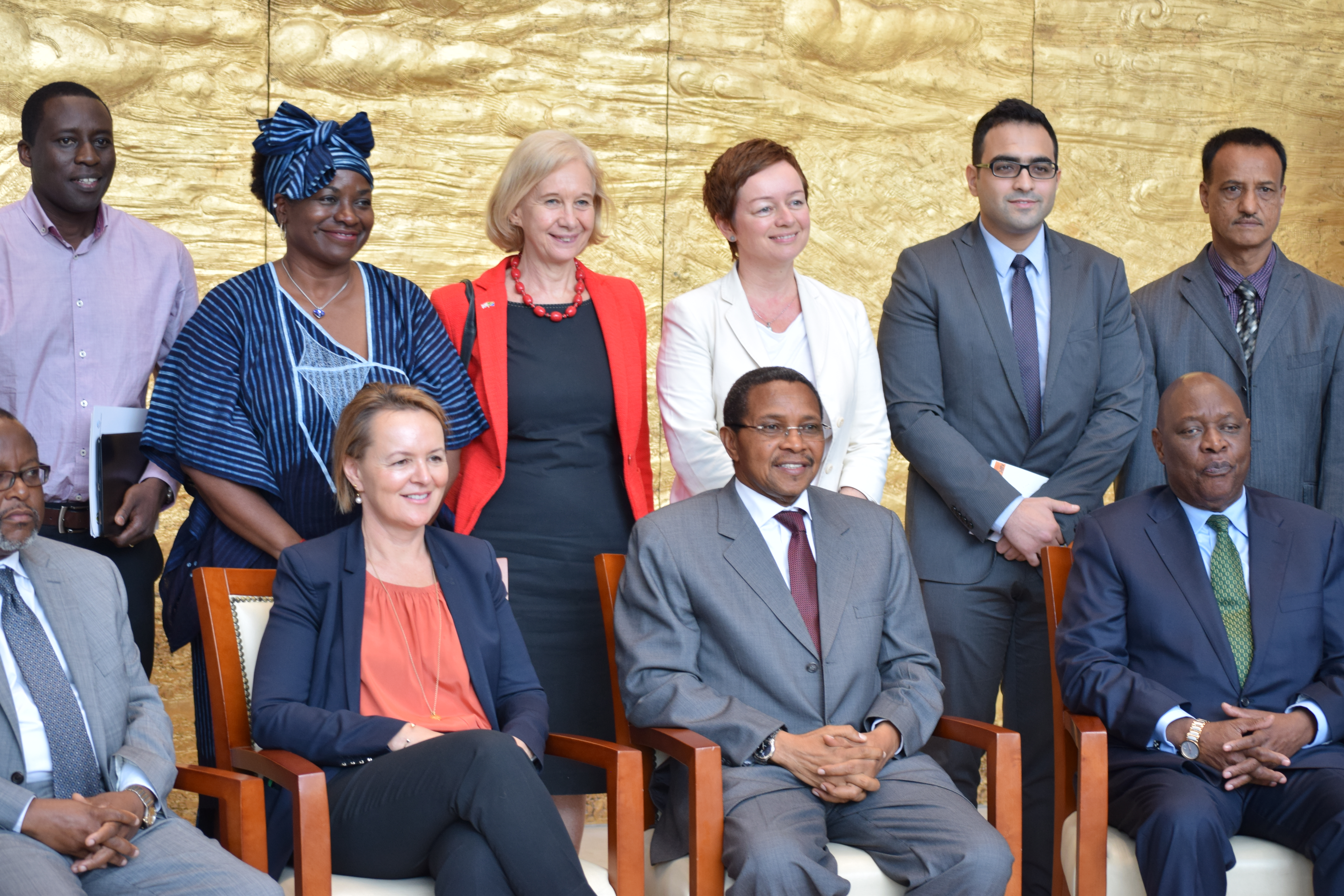By Winnie Kamau
The great potential for change that data revolution presents for the African continent got me thinking as a Kenyan Journalist with passion for Data .
Open data provides citizens with information which for too long has only been accessed by the political and social elite. Making it accessible to the wider citizenry means that they are able to hold these leaders to account and participate in their own governance.

“Sometimes data is locked behind passwords, It is about making good data available and user friendly” World Bank country director for Tanzania Bella Bird, said.” Setting the tone of the four-day conference. She noted that while 87% of Europe has been mapped out only 3% of Africa’s digital map was available. This is where initiatives such as the Open Street Mapping carried out by a group of Tanzanian youth can help in filling in this gap. The Ally application that has been developed, maps out Matatu (public transport) routes. The application made a great impression Tanzanian President Dr. Jakaya Kikwete who toured the various stands of the expo where developers and technicians exhibited their work.
The World Bank, which co-sponsored the event, is said to have released more data than many governments which lack the resources, personnel and skills to keep proper records and thereby provide the citizens with reliable and quality data which will enable them to make informed decisions. The lack of quality and reliable data also impacts on policies formulated by governments and would save the continent millions of dollars which are otherwise lost due to poor planning, execution and monitoring of development programmes.
“I subscribe totally to data and it is an important role for development. It informs policy choices and decision and help monitor and evaluate projects,” said Dr Jakaya Kikwete , president of Tanzania ,adding that open data can spur innovations, empower citizens to hold governments to account thereby contributing to the development of Africa’s governance structures and also foster close collaborations between the government, civil society and the private sector.

He challenged civil society and the private sector should also make public the data they have on citizens. Transparency and accountability is a two-way process and does not apply only to the government
“Some civil society organizations have a lot of money for women and children but there is no transparency and it is a taboo to reveal,” Dr Kikwete said, citing the extractive industries as one sector where transparency was needed.
Open Institute founder Al Kags posed the question in the forum: “How will open data look in Africa?”. Additionally, there was also the nagging question as to how governments and even citizens should guard against the threat posed with everyone monitoring all the data that is being made public.
According to Dr Kikwete: “ Open data does not mean naked government, it just means absolute freedom to produce all data to the public. Ask the American government to be open on what happens in the Pentagon….. nooo you will be in trouble! Do not demand some parts of data from government to be open, for example, like our plans to deal with terror cells in Tanzania. Until we take them to court, then we will be open!”
This issue of privacy and the government’s desire to balance ‘national security concerns” and the demand to make public data formed a large part of the conversation during the conference’s break-out sessions.
But for African countries to realize full advantage of the benefits accruing from the data revolution, governments must resource their statistical departments. They must also be ready to make public this data. Tanzania, which joined the Open Data Initiative in 2011 at the same time as South Africa, is yet to launch their open data portal where citizens can access government data. At the same time, the enactment of a law that would criminalize the publication of data, other than that submitted by the country’s national bureau of statistics is worrying as it might impede the developments that have been achieved so far in the achievement of its open governance initiative. Assurances by Dr Kikwete that the portal would be launched ‘soon” may not be enough to allay these concerns.
The forum dubbed ‘Africa Open Data Conference ‘ brought together over 1000 participants drawn from all over the world who deliberated on Data issues in Africa.














